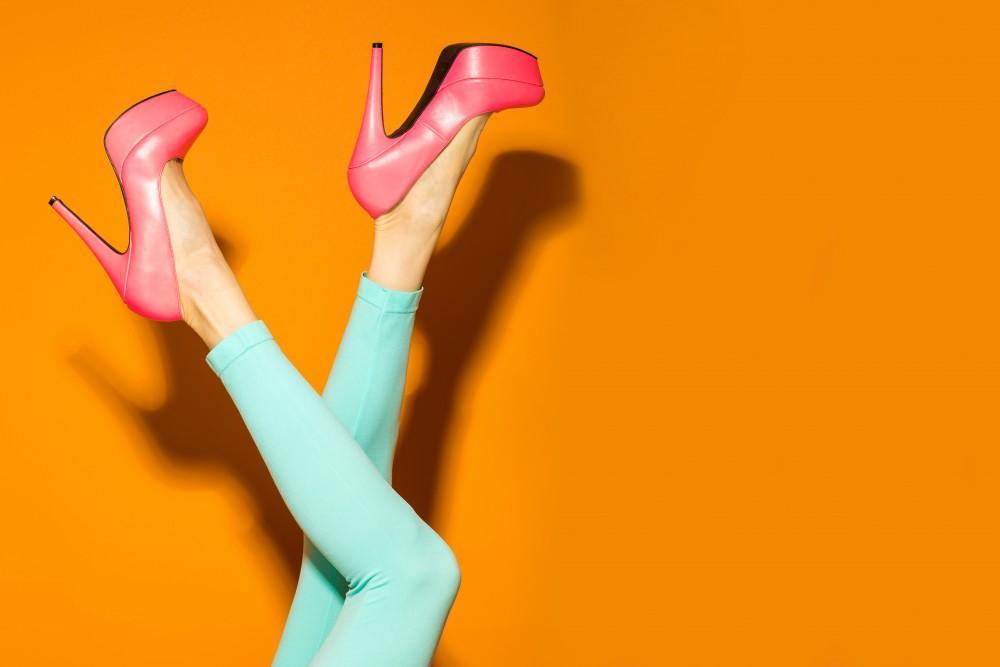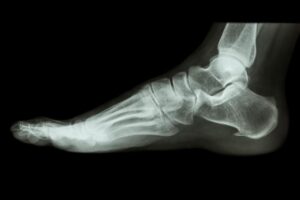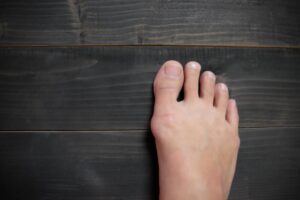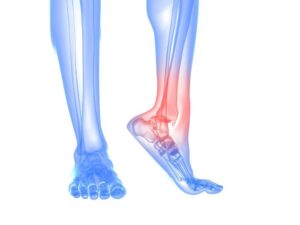Choosing Shoes With Your Feet In Mind

When you experience foot and heel pain, sometimes, the reason for your pain means you have a serious injury or chronic condition. Other times, you’ll feel better simply by changing your shoes.
Wearing shoes that fit your foot type, your activity, and accommodating any foot and ankle issues you have go a long way in preventing injuries and helping your feet hurt less. Here’s how podiatrists Ryan Golub, DPM, and Zachary Flynn, DPM, AACFAS, of Arizona Foot Health in Phoenix, Arizona, recommend you choose shoes with your feet in mind.
How to select shoes for your foot type
Choosing shoes that fit your feet well isn’t as hard as it might sound! Follow these tips to find shoes that keep your feet comfortable and happy the entire time you’re wearing them.
Wear shoes that fit your feet
Wearing too big or too small shoes can cause pain and discomfort. Get your feet measured at a quality shoe store to determine what size you should wear.
Make sure you accommodate if your feet are wide, medium, or narrow, as well as any bunions or other deformities on your feet. It’s best to measure your feet and buy shoes late in the day, as feet expand as the day progresses.
Before buying shoes, walk around the store and check that they feel good on your feet. The right shoes should feel comfortable immediately and not cause pain or tightness.
Leave plenty of space for your toes
Along with choosing the correct length and width, you want to ensure you leave at least half an inch at the front and one-eighth at the back. Pick shoes with a wide enough toe box, as a narrow toe box can pinch your toes or cause them to curl.
Pick shoes with good sole and arch support
A good pair of shoes correctly support your arch, whether you have a normal arch, high arch, or flat feet. Good arch support helps distribute your weight correctly across the shoe, leading to greater support, balance, and comfort.
If you have certain foot or lower body conditions, you might need to add custom orthotics to your shoes to get the proper support. Our podiatrists fit these inserts for your feet, which you can then insert into your shoes.
Choose the right shoes for your activity
The type of shoe you need depends on what you’re planning to do while wearing them. Whether you’re going to your office job, taking a walk, running, or playing your favorite sport, choose shoes designed with the activity you’re doing in mind.
Be careful with slip-on and high-heeled shoes
Generally, shoes with laces and flat shoes are more supportive than slip-ons and shoes with heels. Be mindful when getting other types of shoes, especially shoes with high heels.
Aim to wear slip-ons, sandals, and high-heeled shoes for short distances and time periods only. Generally speaking, lower and wider heels are more supportive to your feet than other heels, although you should bring an additional pair of flat shoes if you need to walk for any significant period of time.
Replace shoes when they wear out
If the heel on your shoe looks worn down, or you notice it looking worn, it’s time to replace it with a new one. You should also replace shoes for running or athletic activities after wearing them for the maximum number of miles the shoemaker recommends.
Get help if your feet hurt
If you’re in pain when you’re wearing shoes or all of the time, an appointment with our team can help determine if the problem is your shoes or an underlying foot issue. We ensure you get treatment for any foot or ankle issue and find shoes that relieve your pain.
With the right shoes and foot care, you can get through the day comfortably, no matter what type of feet you have. Contact our team for assistance choosing shoes and caring for your feet.
You Might Also Enjoy...
The Achilles Heel
Given Arizona’s climate, patients are able to remain active year round. It’s why we all chose to live here. But…
Alleviating Back Pain and Other Benefits of Custom Orthotics You Didn’t Know About
Would you ever imagine that custom foot orthotics could improve your quality of life? That’s what many people say after…
9 Helpful Tips to Prepare Your Home Before Bunion Surgery
When moderate interventions, such as wearing wider shoes or using pads in your shoes, fail to ease your bunion pain…
When Should You Go to the Doctor for an Ingrown Toenail?
In most cases, you can nurse an ingrown toenail at home with over-the-counter pain medication, topical antibiotic creams, and soaking…
6 Home Exercises to Keep Your Ankles Strong
Ankles that feel wobbly and weak are vulnerable to injury. If you play sports, run, jump, or just walk often,…
Is Surgery My Best Option For Treating Bunions?
You have a bunion and it isn’t pretty, but if your bunion is small enough, or doesn’t hurt, you may…






